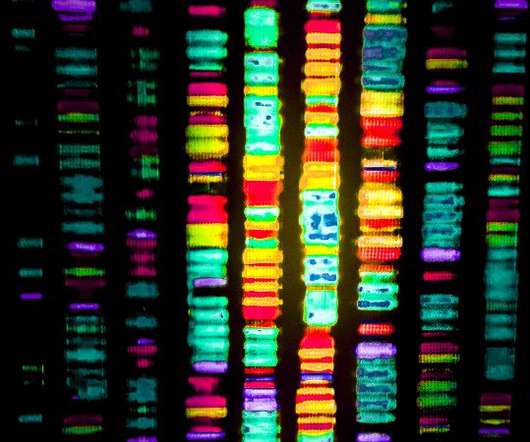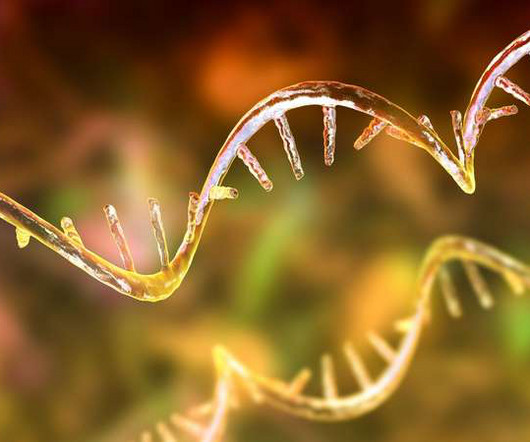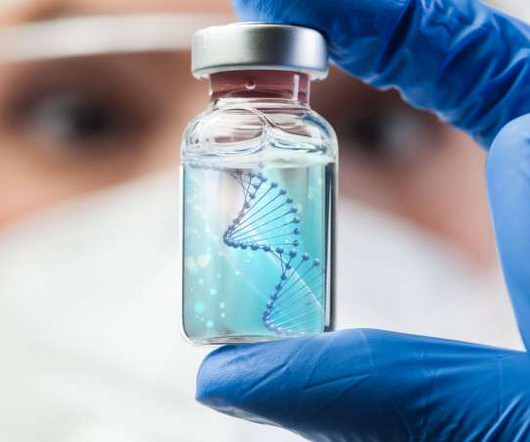Why genomic healthcare data matters in the development of new therapies
Drug Discovery World
NOVEMBER 7, 2022
Genomic healthcare data is critical to identify disease risk, ancestry, traits and response to medicines and aids in the development of new targeted therapies – precision medicines. In April 2003, after its launch in October 1990, the project was completed, generating the first sequence of the human genome. The origins .















Let's personalize your content